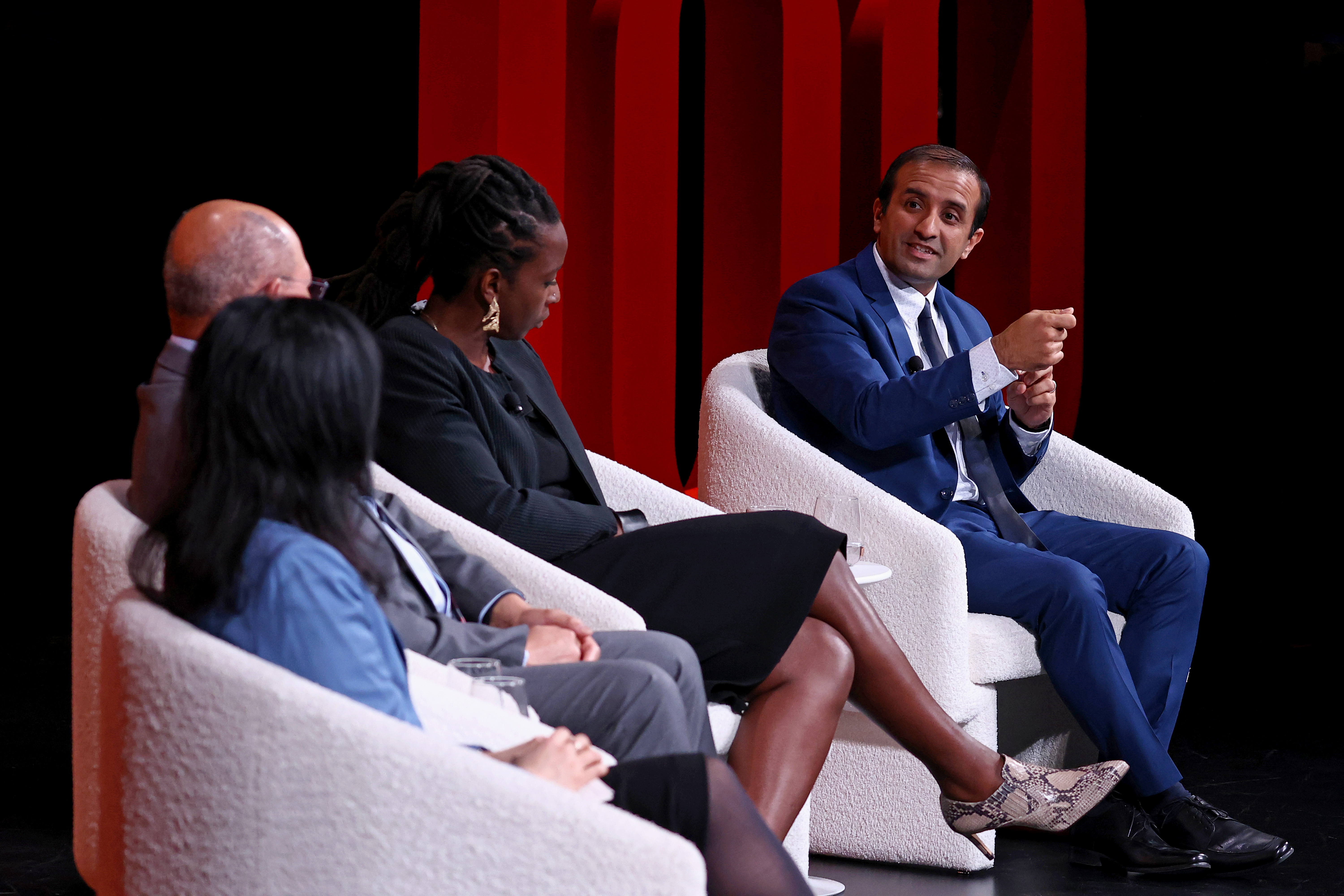

Why It’s Important to ‘Meet People Where They Are’ When Improving U.S. Healthcare
The Covid-19 pandemic made issues with access to medical care apparent. At the Time100 Summit on Wednesday, three healthcare officials discussed how the concept of meeting people where they are could help improve the whole industry.
Dr. Toyin Ajayi, the CEO and co-founder of Cityblock Health, Dr. Raj Panjabi, a former White House senior director and special assistant to President Joe Biden, and Dr. Luther T. Clark, the deputy chief patient officer at Merck, each pointed to their own versions of bringing health care to people in a conversation moderated by TIME Senior Health Correspondent Alice Park. (Merck is a 2024 Time100 Summit partner).
[time-brightcove not-tgx=”true”]
Panjabi finished his tenure in the White House in 2023, after working on the government’s action plan in response to Covid-19, which included coordinating a vast vaccination effort. During the emergency, he said their “high-tech, high-touch approach” to community health care—such as holding clinics in community spaces, mailing at-home tests to people, and expanding telehealth capabilities—can be applied to help with maternal birth outcomes and opioid addiction.
“This mantra that really emerged during the Covid-19 pandemic, ‘meet people where they are,’ was responsible for helping ensure that hundreds of millions of shots went into Americans’ arms, three million deaths were averted, a trillion dollars of economic losses were prevented,” Panjabi said.
Ajayi built Cityblock Health on those principles as well. She noted that a traditional model of patients going to a doctor’s office during the workday does not work for many people with inflexible work schedules, transit restrictions or parenting responsibilities. At Cityblock, physicians make multiple home visits to patients, establishing trust and being available for early interventions in any health conditions.
“Imagine the feeling as a clinician if you completely flip the paradigm,” Ajayi said. “The respect that you infuse in that relationship is really powerful.”
The business model works, she explained, by reducing healthcare costs related to these patients down the line—costly visits to the emergency room, which often become the only option for people who couldn’t see a doctor sooner. Panjabi pointed to Cityblock Health as the kind of organization the industry and government needs to prioritize scaling up.
Clark pointed to the benefit of community involvement during the research and development of new drug therapies as well.
“One of the areas of focus is bringing the voice of patients into the work we do,” said Clark. “Patients are the beneficiaries of any new medical interventions, so that involving them in those decisions—bringing their insights, their perspectives, what’s important to them—to our work is critically important. It helps us in developing therapies that are more patient-centered, patient-friendly.”
In that way, pharmaceutical companies can not only make treatments more representative of different communities, but also can overcome barriers they face in reaching those communities, such as a lack of trust.
“When you bring patients into this process they not only contribute to advancing the science, but also to developing health care solutions that improve health care that ultimately may advance equity,” Clark said.
The TIME100 Summit convenes leaders from the global TIME100 community to spotlight solutions and encourage action toward a better world. This year’s summit features a variety of speakers across a diverse range of sectors, including politics, business, health and science, culture, and more.
Speakers for the 2024 TIME100 Summit include actor Elliot Page, designer Tory Burch, Olympic medalist Ibtihaj Muhammad, WNBA champion A’ja Wilson, author Margaret Atwood, NYSE president Lynn Martin, comedian Alex Edelman, professor Yoshua Bengio, 68th Secretary of State John Kerry, actor Jane Fonda, and many more.
The TIME100 Summit was presented by Booking.com, Citi, Merck, Northern Data Group, Glenfiddich Single Malt Scotch Whisky, and Verizon.
Get the latest work and career updates delivered straight to your inbox by subscribing to our magazine category today. Stay informed and ahead of the game with Subscrb.
The content on this website has been curated from various sources and is for informational purposes only. We do not claim ownership of any of the content posted here, all rights belong to their respective authors. While we make every effort to ensure that the information is accurate and up-to-date, we cannot guarantee its completeness or accuracy. Any opinions or views expressed on this website are solely those of the original authors and do not necessarily represent our own. We do not endorse or take responsibility for the content or actions of external websites or individuals linked from this website. Any reliance on the information provided on this website is done at your own risk. Please note that this article was originally seen on the source website TIME, by the author Julia Zorthian
-
SALE!

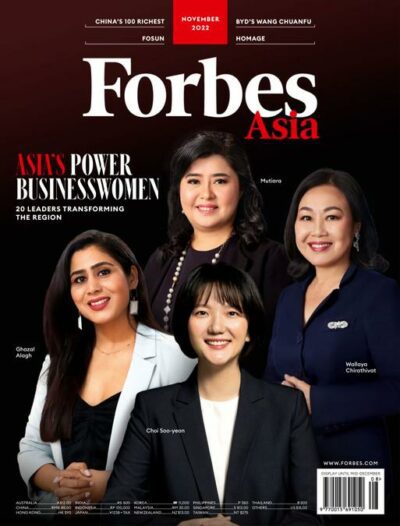

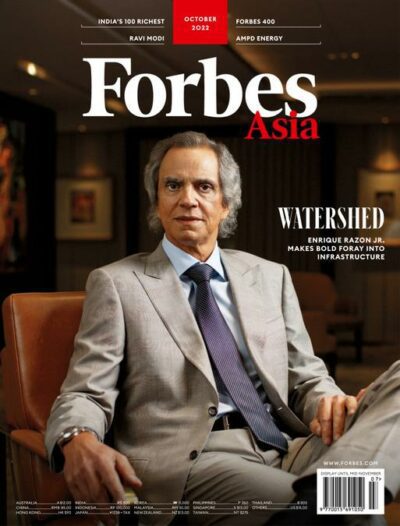
Forbes Asia Magazine Subscription
From: RM220 / year -
SALE!


Fortune Magazine Subscription
From: RM118 / year -
OUT OF STOCK

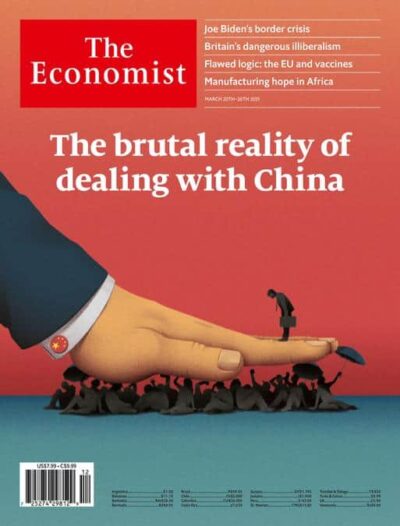

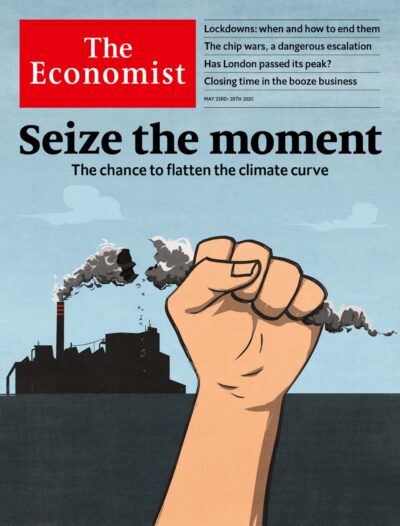
The Economist Magazine Subscription
From: RM1530 / year -

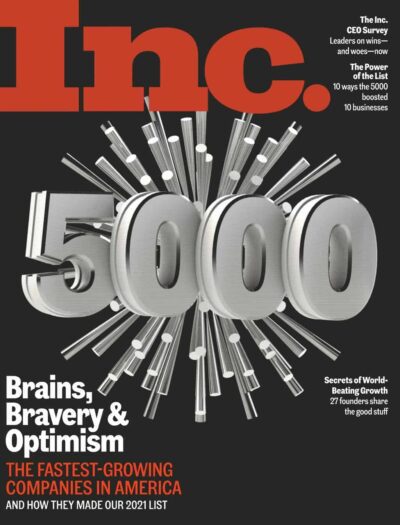
Inc. Magazine Magazine Subscription
From: RM22 / year -

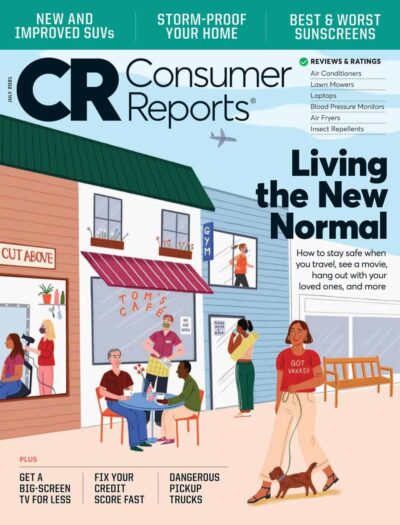
Consumer Reports Magazine Subscription
From: RM22 / year -

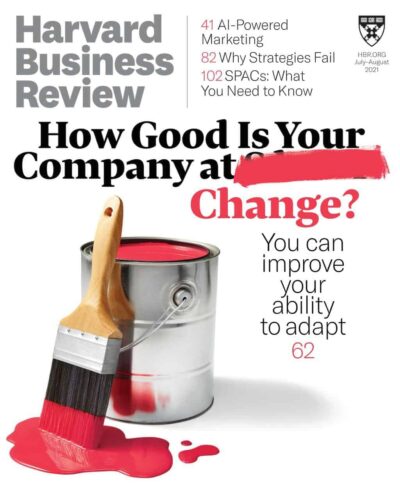
Harvard Business Review Magazine Subscription
From: RM83 / month -

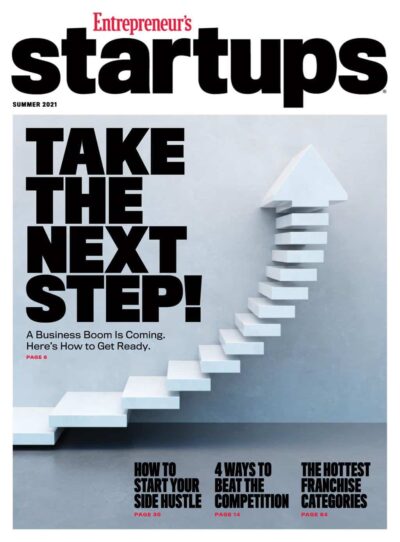
Entrepreneur’s Startups Magazine Subscription
From: RM4 / year -


BILLIONAIRE Magazine Subscription
From: RM131 / year



